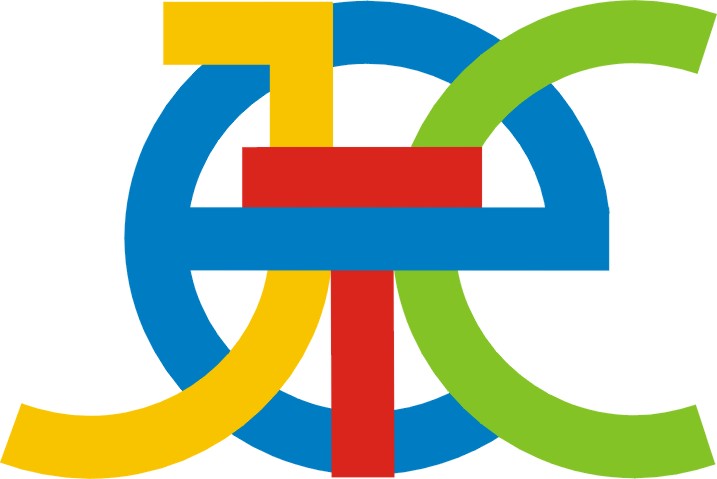ANNA WOJNARSKA
Doktor habilitowany, U UMCS Lublin, Zakład Pedagogiki Resocjalizacyjnej, Polska
Streszczenie
Na podstawie przeglądu badań stwierdzono, że efektywności treningów umiejętności społecznych jest zależna od zastosowania różnych metod oceny zmian (testy, obserwacja, socjometria, oceny szkolne) oraz zakresu wybranych wskaźników (popularność, agresywność, poczucie kontroli, kompetencje komunikacyjne). Efekty oddziaływań treningowych są zdeterminowane cechami osób (rodzajem zaburzeń w socjalizacji, motywacją, kompetencjami komunikacyjnymi, doświadczeniami życiowymi, wiekiem), kontekstem sytuacyjnym, czasem trwania treningów oraz kompetencjami trenera. Pomimo zastrzeżeń treningi umiejętności społecznych są skuteczną metodą stymulacji i terapii poznawczo-behawioralnej, choć wymagają one dalszych modyfikacji.
Słowa kluczowe: umiejętności społeczne, treningi umiejętności społecznych, efektywność treningów, agresja, poczucie kontroli, popularność
Abstract
As confirmed by the research overview, the effectivity of social skills training depends on using different methods of the assessment of changes (tests, observation, sociometrics, school grades) and the extent of selected indexes (popularity, aggression, locus of control, communication competence). The effects of trainings' influences are determined by personal features (type of problems in socializiation, motivation, communication competence, life experiences, age), the situational context, duration of trainings and trainer's competence. In spite of all limitations trainings of social skills are effective method of stimulation and cognitive-behavioral therpy, however they need modification.
Keywords: social skills, training of social skills, effectiveness of training, aggression, locus of control, popularity
Name: 013 ETI_Vol_1_27_Uwarunkowania efektywności
Size: 246 KB
Format: PDF
License: CC BY-SA 4. 0


